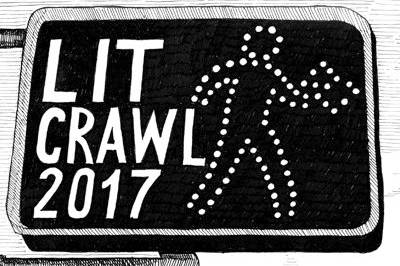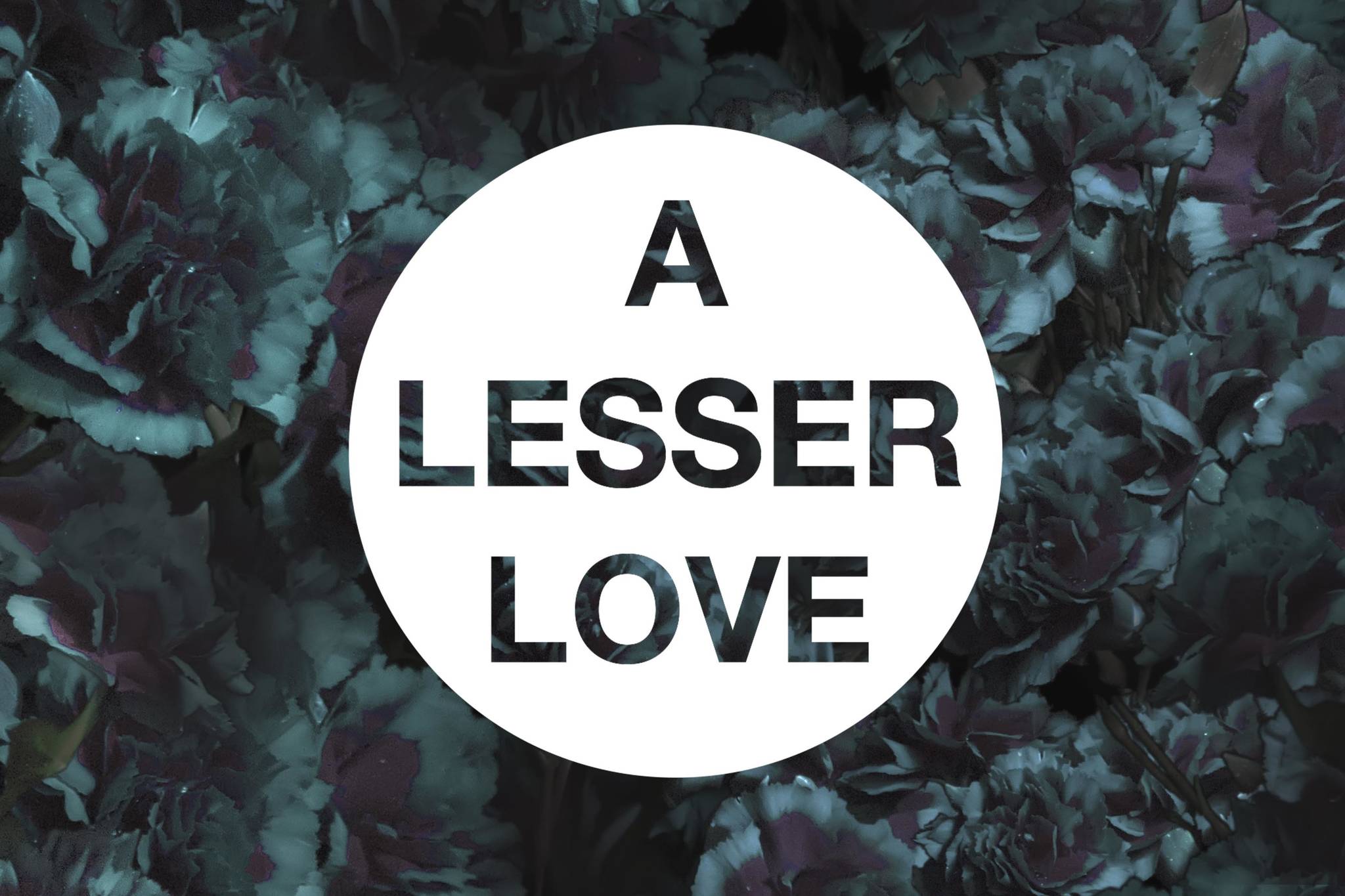We’ve been trained by popular culture to visualize serial killers in a very specific way: They’re sleek, efficient, charming hunters of humans. Sociopathic and hyperintelligent, serial killers are always five steps ahead of everyone else. They’re willful, clever, highly manipulative loners, and they’re relentlessly driven by some lone traumatic incident in their childhood. They’re not so much human beings as puzzle-boxes to entertain and alarm us for a couple hours until they’re finally captured and the closing credits roll.
The serial killer in Seattle Times education reporter Claudia Rowe’s first book, The Spider and the Fly, completely confounds these tropes. Kendall Francois lived with his parents and sister in a quiet Poughkeepsie, N.Y., neighborhood. Rather than murder his prey in elaborate rituals, Francois would simply lose his temper after hiring a prostitute. She’d say something innocuous that would set him off, and he’d choke the life out of her and dump her dead body in the attic of his house, where it would rot for months—even years.
Francois was not charming or cunning. He didn’t have an elaborate plan. He seemed to be practically begging to be caught. But he continued murdering women and stashing their bodies in a kiddie pool in the attic until, basically, society couldn’t ignore him anymore.
This is not to say that Francois was dumb, or that he lacked any sort of guile. After he was arrested for his crime, Francois was contacted by Rowe, at the time a young reporter doing piecework for The New York Times. Rowe thought she might be able to get a juicy story out of Francois. Instead, she gained a pen pal. Her first letter from Francois clumsily evokes The Silence of the Lambs—Hannibal Lecter’s quid pro quo with Clarice Starling—in a way that practically feels like fan fiction: “For every ten pages (typed) I will answer ANY four questions you have for me, completely and honestly… I will answer your questions with the completeness and honesty you answer me. I want to know about your hometown, childhood house, elementary school and high school up through college, your first car, your first kiss, the dress you wore under your graduation gown, I want to know the first time (if ever) you gave a guy a blow job, the first time you had intercourse, the last time, people you hate at work, affairs, when (if ever) you dyed your hair, the types of computers you have/use. Remember the more details the better.” Rowe almost immediately shut down the sexual angle of Francois’ questioning, but soon the two were corresponding with alarming regularity.
The Spider and the Fly brings to mind Ann Rule’s account of working with Ted Bundy, The Stranger Beside Me. That is a high compliment: Rule is the patron saint of true crime, and Stranger is her masterpiece. But while Spider begins like a true-crime book—detailing Francois’ life and crimes in reportorial (and, it must be said, occasionally purple) prose—it gradually slides into memoir. “The first rule of reporting is that the writer is never the story,” Rowe warns us early in Spider, “so my tale, by definition, is not journalism.”
This gear shift, from the gawking exploitation of true crime to the more introspective exploration of memoir, likely could lose some readers. That’s their loss. Spider is not Francois’ story. It’s about Rowe, and how she responds to his monstrous acts. In one early letter to Francois, Rowe writes that “It’s hard for me to explain why I have trouble getting along with bosses and parents and people I know well, yet feel so much for people I’ve never met.” That’s part of the story: She’s misanthropic and anti-authoritarian—two traits that make for good reporters—but she’s also drawn to self-destruction, making bad choices and putting herself in bad situations seemingly just to find out what happens next. Some part of her identifies, or wants to identify, with some small, damaged part of Francois.
True-crime buffs might be frustrated by Spider’s unwillingness to tie everything together, to slap a moralistic Law & Order-style framework on the story. But readers interested in conversations deeper than a childlike fantasia of good versus evil will find its sentences echoing in their brain for weeks. So much of this book is dedicated to big concepts: forgiveness, the possibility of change, the thought that if one of us commits a preventable heinous act, maybe we all carry a little bit of that stain on our souls.
Spider is a messy, complicated book about a messy, complicated human. It’s about finding yourself inextricably bound in a situation that you never wanted. But most of all, it’s about the terrifying notion that when you scratch enough of yourself down on paper and throw it into the void, the void might just decide to write back. Claudia Rowe, Elliott Bay Book Co., 1521 10th Ave., elliottbaybook.com. Free. 7 p.m. Fri., Jan. 27. Paul Constant is the co-founder of The Seattle Review of Books. Read daily books coverage like this at seattlereviewofbooks.com.
books@seattleweekly.com








